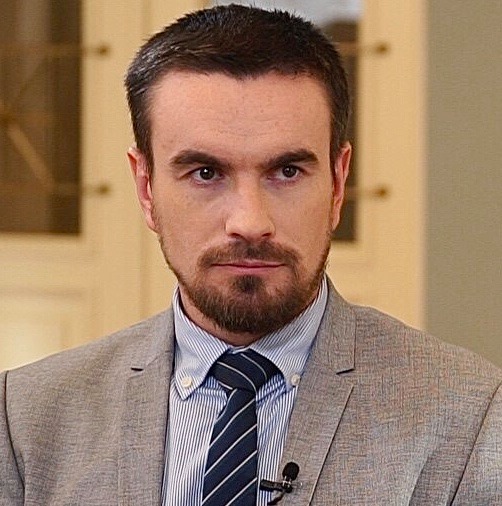The main conclusions of the new issue of the Belarus’ Foreign Policy Index are as follows: the reviewed timeframe saw a deepening of cooperation in the Russian vector, a weakening of negative rhetoric in the European vector and an aggravation in the relationship with Ukraine. Furthermore, certain contradictions in Belarus’ relations with China became visible for the first time ever.
In brief, the Russian vector remained the core of Belarus’ foreign policy effort in the reported period, although media-wise, it was overshadowed by the grave diplomatic crisis with the EU. Putin’s predictable landslide election win was hailed in Minsk – the Belarusian administration relies largely on Putin’s integration ambition hoping that he will shower benefits and concessions on Belarus in order to maintain the outward integration image.
The index of Belarus’ relations with the EU has “broken even” for the first time since the first issue of the Foreign Policy Index report (since 2011). The diplomatic crisis has been resolved as soon as Andrei Sannikau and Zmicier Bandarenka were released from prison and EU ambassadors got back to Minsk. However, despite the obvious willingness of the Belarusian side to put an end to the conflict with the European Union, its actions remained extremely contradictory.
The first ever inconsistencies in Belarus’ relationship with China were outlined during the first two spring months, connected with the cost and terms of carrying out joint investment projects.
During the reviewed period, Belarus’ bilateral relations with Ukraine markedly aggravated. Politically, Minsk and Kiev are not interested in each other, and the ambitious projects discussed lately have “stalled.”
Overall, the Belarusian authorities keep to their tried “pendulous” foreign policy, with intervals growing shorter and the space for maneuver offered to official Minsk, narrower.
Read the full text of the Index in PDF



